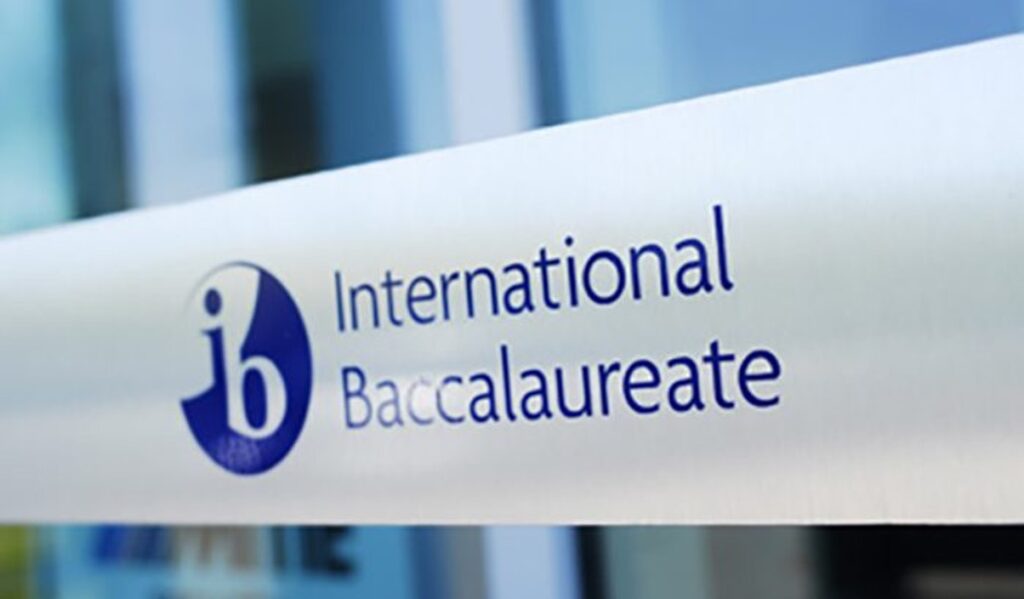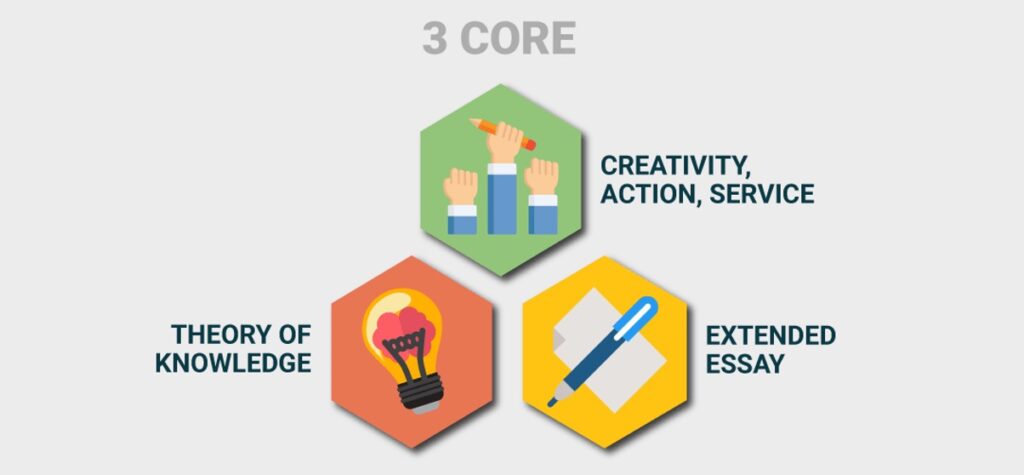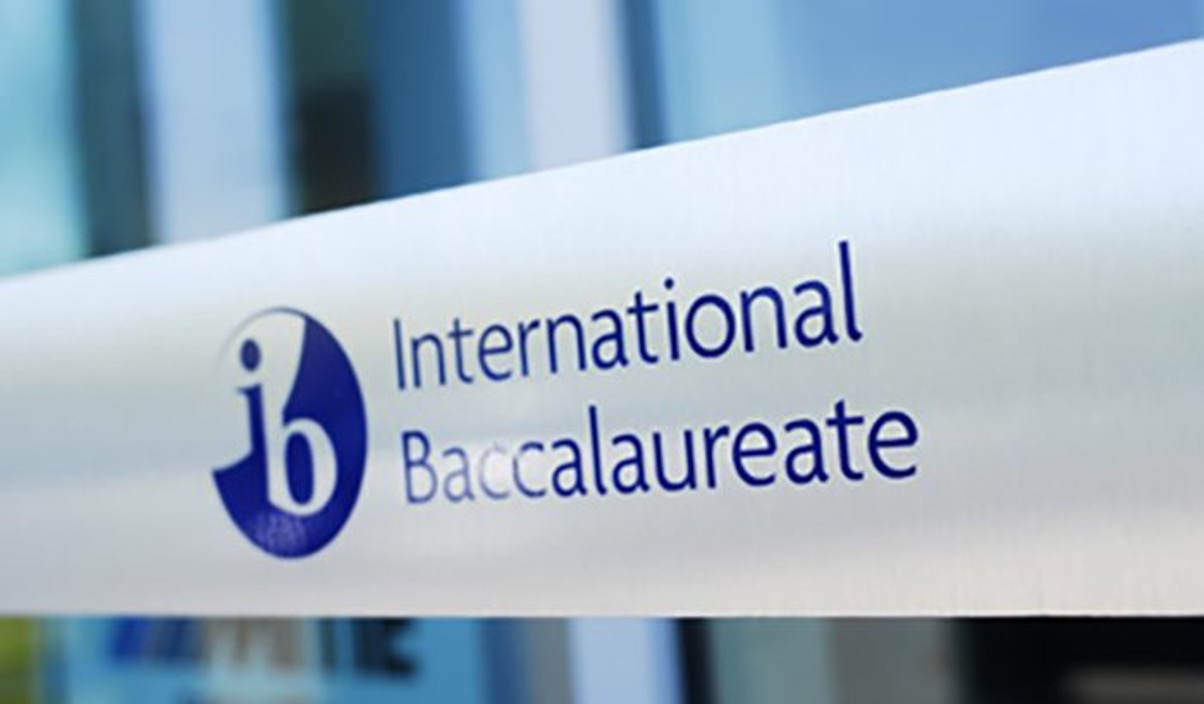The International Baccalaureate (IB), also known in French as Internationales Baccalaureat, is a prestigious educational curriculum that prepares students for a fast changing world. The IB program, which is offered in over 5,000 schools worldwide, aspires to develop young people who are inquisitive, knowledgeable, and kind. This article will present an in-depth overview of the International Baccalaureate, with a focus on the Diploma Programme (IBDP), its components, benefits, challenges, and global impact on education.
What is the International Baccalaureate?

The International Baccalaureate, established in 1968, was first designed to satisfy the educational needs of expatriate children. Its purpose is to improve the world through education, encouraging students to be critical thinkers and responsible global citizens. The IB provides four programs:
Primary Years Program (PYP): For children aged three to twelve.
Middle Years Program (MYP): For pupils aged 11 through 16.
Diploma Programme (IBDP): For students aged 16 to 19, renowned for its academic rigor.
Career-related Program (IBCP): For students aged 16 to 19, combines academic courses with career-focused learning.
IBDP Structure
The International Baccalaureate Diploma Program is the IB framework’s most generally recognized component. It is a demanding two-year curriculum that culminates in exams and a diploma that represent academic achievement.
Core Components
The IBDP curriculum is based on six topic areas and three fundamental requirements:
Subject Groups
- Group 1: Language and Literature.
- Group 2: Language Acquisition.
- Group 3: Individuals and Societies.
- Group 4: Sciences.
- Group 5: Mathematics.
- Group 6: Arts (or another discipline from Groups 1 to 5)
Students must choose one course from each group to ensure a diverse educational experience.
Core Requirements
Theory of Knowledge (TOK): Encourages pupils to consider the nature of knowledge.
Extended Essay (EE): An autonomous research effort that requires critical thinking.
Creativity, Activity, and Service (CAS): Encourages human growth via creative endeavors, community service, and physical activity.

Assessment criteria
IBDP assessments include both internal and external evaluations, such as classwork, projects, and final exams. The overall score varies from 24 to 45 points, with a minimum of 24 required to obtain the diploma.
Application Process for the International Baccalaureate
The International Baccalaureate (IB) application procedure differs depending on the program (PYP, MYP, IBDP, or IBCP) and the school that offers it. Here is a brief summary of the stages required in applying for the IB Diploma Program (IBDP), which is the most popular:
1. Schools of Research
- Identify Schools: Look for schools that offer the IBDP in your region or throughout the world.
- Assess Programs: Examine the specifics of each school’s IBDP, including academic options, extracurricular activities, and school culture.
2. Check admission requirements
- Academic Criteria: Check the academic requirements for admission, such as minimum grades in essential disciplines.
- Language Proficiency: Some schools may need confirmation of English proficiency, particularly for non-native speakers.
3. Prepare application materials
- Transcripts: Collect your academic transcripts from prior schools.
- Letters of Recommendation: Get recommendations from teachers or counselors who can attest to your strengths and readiness for the IBDP.
- Personal Statement: Discuss your goals and motives for participating in the IBDP.

4. Complete the application form
- School-Specific Form: Complete the application form provided by the school. This may be available in print or online.
- Application Fee: Pay any required application fees, which may differ per institution.
5. Interview, if applicable
- Interviews: Some institutions may need an interview as part of the application process to determine candidate suitability and interest.
- Evaluations: You may also be required to complete entrance examinations or other evaluations.
6. Wait for admission decisions
- Notification: Schools often notify applicants of their acceptance status within a few weeks or months of submission.
- Acceptance: If you are accepted, you may be required to pay a deposit or acknowledge your enrollment in writing.
7. Enrollment and Course Planning
- Enroll: Fill out the enrollment paperwork, including any medical or emergency contact information.
- Course Selection: Consult with academic advisors to choose subjects based on your interests and the IBDP criteria.
8. Orientation
- Attend orientation workshops to learn about program requirements and get to know your teachers and classmates.
9. Prepare for the program
- Gather Materials: Obtain the necessary textbooks and study materials to prepare for the upcoming demanding program.
Benefits of the International Baccalaureate
1. Global Recognition
The IBDP is recognized by colleges all across the world. Many institutions give advanced placement or course credits to IBDP graduates, making it an important asset in higher education.

2. Holistic Education
The IB stresses well-rounded education by combining academic subjects with personal development and community service. CAS provides students with a variety of experiences that help them develop their character and skills.
3. Developing Critical Thinking
Courses like TOK enable students to think critically and analytically. This emphasis on inquiry fosters independent learners capable of addressing complicated topics.
4. Intercultural Awareness
The worldwide Baccalaureate’s worldwide emphasis encourages an awareness for many cultures and views. Students learn to comprehend and respect differences, which prepares them for global citizenship.
5. University Preparedness
The IBDP matches university-level courses, giving students the academic rigor they need to excel in higher education. This experience allows students to establish strong study habits and resilience.
Challenges with the International Baccalaureate
1. Workload & Stress
The IBDP is noted for its tough workload. Students must navigate various deadlines and tests, which can cause stress and worry.

2. Cost Factors
While some public schools offer the IB program, many private institutions charge exorbitant tuition costs. Additionally, the expenditures of supplies and exams can be high.
3. Limited Course Availability
Not every school offers the whole IB curriculum. Students’ topic choices may be limited, perhaps jeopardizing their academic interests and goals.
4. Examination Pressure
The reliance on external assessments can result in a high-pressure environment. Students may face strong competition and stress throughout their final exams.
Global Impact of the International Baccalaureate

Expanding Accessibility
The IB program has grown tremendously since its start. It is currently available in over 150 countries, with efforts underway to make it more accessible to a wide spectrum of pupils. The IB organization emphasizes diversity, ensuring that students from all backgrounds can benefit from its educational philosophy.
Fostering Diverse Learning Environments
The worldwide nature of the IB promotes a diversified student body, resulting in rich learning environments. This diversity enriches the educational experience by allowing pupils to learn about each other’s backgrounds and opinions.
Professional development for educators
The IB gives extensive training to instructors, ensuring that they are prepared to provide high-quality instruction. This investment in professional development contributes to the program’s high standards and improves the entire learning experience for students.
Conclusion
The International Baccalaureate curriculum, also known as Internationales Baccalaureat, offers students a path to a globally recognized education. With an emphasis on critical thinking, multicultural understanding, and holistic development, the program prepares students for future challenges.
Despite the problems it brings, such as heavy workloads and costs, the benefits of the IBDP frequently surpass these drawbacks for many families. As the International Baccalaureate expands its scope and adapts to the changing educational landscape, it equips students with vital skills and information for success in today’s interconnected world.
Choosing the International Baccalaureate exposes students to a wide range of choices, encouraging them to pursue their passions while preparing for a bright future.



